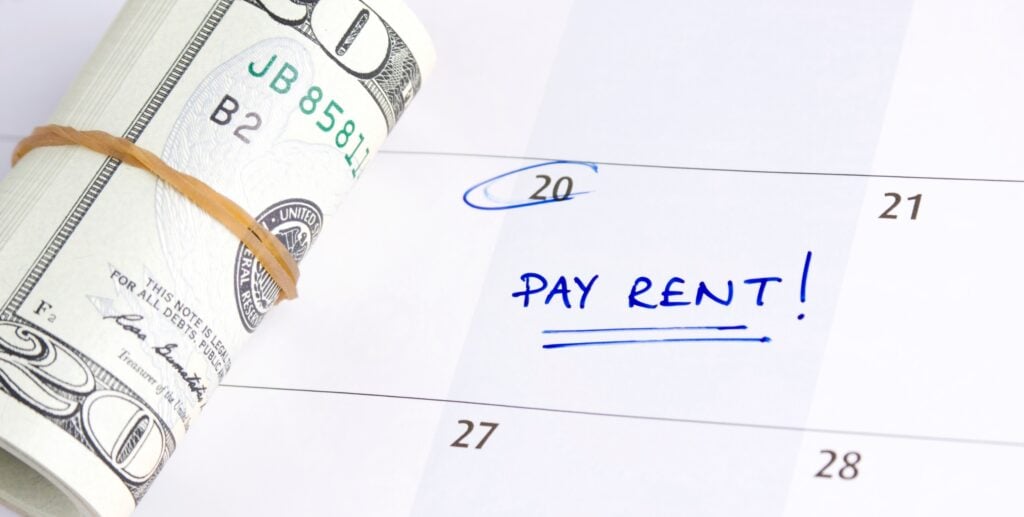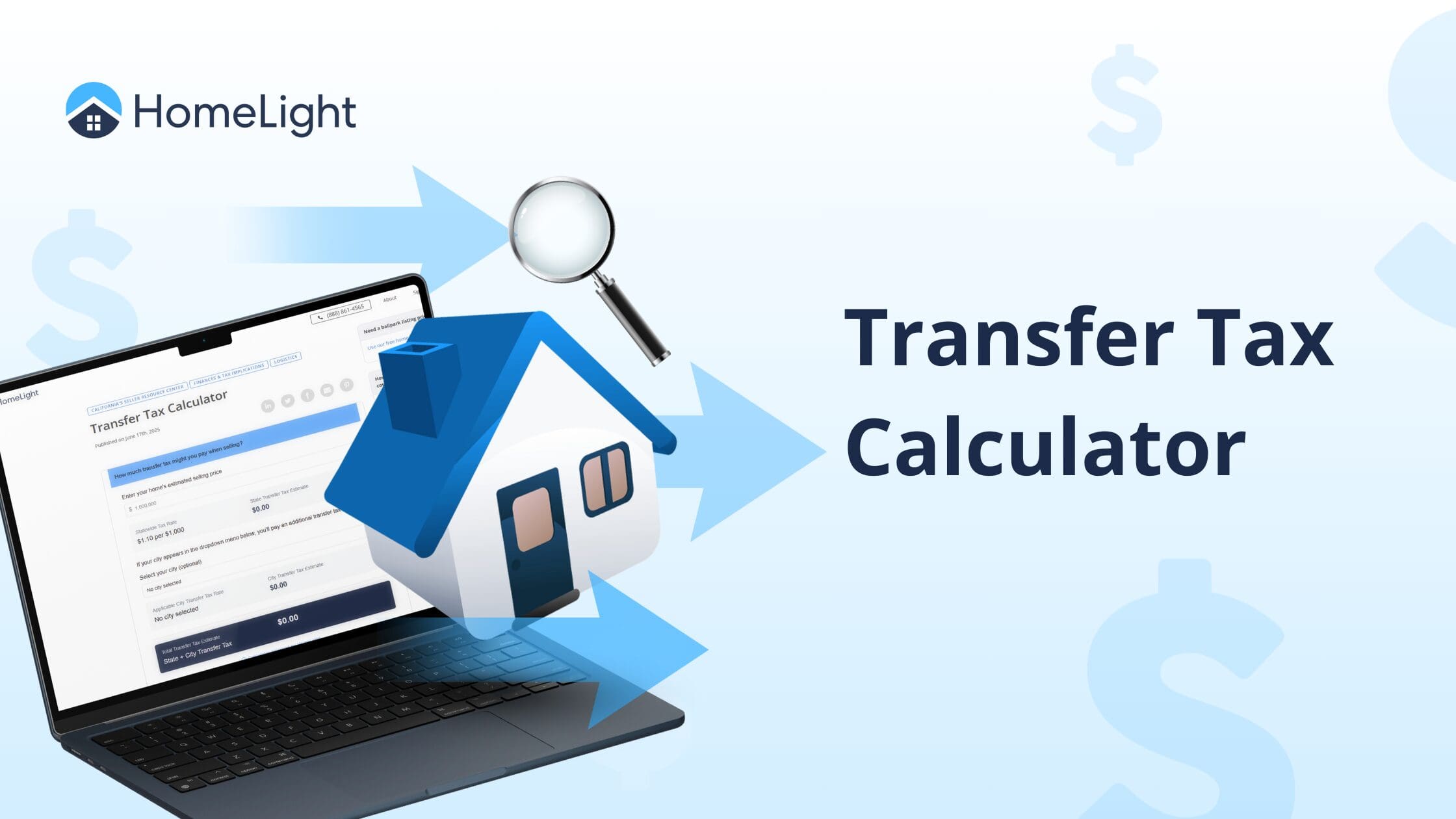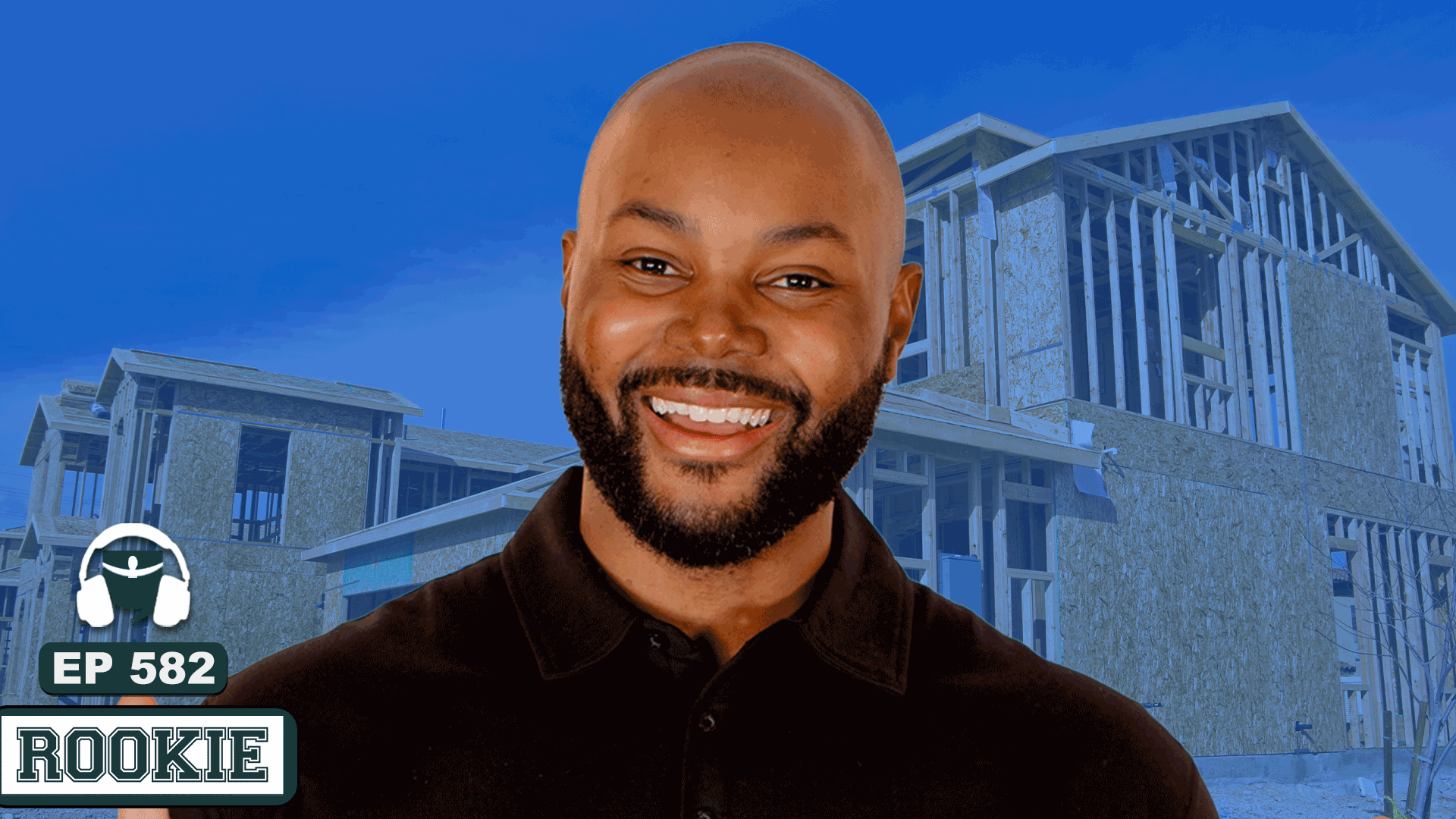Key takeaways:
- First-time homebuyer: Anyone who hasn’t owned a primary residence in the past three years
- Common first-time homebuyer qualifications: Credit score, debt-to-income ratio, down payment, income limits, employment history, purchase limits, homebuyer education
Buying your first home? It’s an exciting time, but before you start dreaming about moving in, it’s important to understand first-time homebuyer qualifications. These are key criteria lenders and programs use to determine if you’re eligible for financing and special perks like down payment assistance.
In this Redfin article, we’ll be going over what counts as a first-time buyer, what qualifications you’ll typically need to meet, and how to get your finances in shape for your home purchase. Whether you’re purchasing a home in Lincoln, NE or Hartford, CT, this guide will help you navigate the process with ease. Let’s get started.

In this article:
- Do you qualify as a first-time homebuyer?
- Additional qualifications
- Loans and programs
- Benefits of being a first-time homebuyer
- What are the next steps?
- FAQs
Do you qualify as a first-time homebuyer?
Put simply, a first-time homebuyer is anyone who hasn’t owned a primary residence in the past three years. While this is the standard definition, there are other factors that could qualify you for first-time buyer benefits.
You might also qualify as a first-time homebuyer if:
- You’ve never owned a home
- You previously owned a home, but haven’t in the past three years
- You’ve shared ownership with a spouse, but are now buying a home solo
- You’ve been living with family or renting
- You haven’t held a mortgage in three years
- You owned property that violates local or state building codes and can’t be brought into compliance
Additional first-time homebuyer qualifications
For first-time homebuyer loans and programs, there are a number of other factors that will help you qualify.
Credit score
A credit score of 620 or higher is ideal for most programs, greatly impacting your eligibility and the interest rates. Start by obtaining a credit report and disputing any errors.
If you need to improve your score, focus on paying your bills on time, paying down debt, and avoiding new credit.
Debt-to-income ratio
Your debt-to-income ratio measures how much of your monthly income goes towards paying debts. Most lenders prefer a debt-to-income (DTI) ratio lower than 43%.
To assess your DTI, lenders often use the 28/36 rule: first-time homebuyers should not spend more than 28% of their income on housing costs, and their total debt should not exceed 36% of their annual income. To lower your ratio, focus on paying down high-interest debt and exploring options to increase your income, such as a side hustle or negotiating a raise.
>> Read: What Percentage of Your Income Should Go Toward Your Mortgage?
Down payment
Many programs will have a down payment requirement. This varies depending on the program, but a higher down payment will help you qualify for better terms and help with eligibility. To save for a down payment, consider budgeting, automatic savings, and cutting unnecessary expenses.
Income limit
Some first-time homebuyer programs have income limits. Typically, these are based on location, household size, and area median income (AMI). Check the requirements of your specific program to see if you qualify.
Employment history
Lenders typically look for two years of steady employment to verify income stability. It doesn’t have to be with the same employer, but gaps in employment or frequent job changes might require an explanation.
Purchase limit
Additionally, many programs have limits on the home price to ensure affordability. These vary by program and location, so it’s best to check with program guidelines and lenders to see if it’s a good fit.
Homebuyer education
Many first-time buyer programs require completion of an education course covering topics like budgeting, credit, house hunting, and closing. Even if it’s not mandatory, homebuyer education programs can be beneficial for new buyers, helping them make informed decisions throughout the homebuying journey.
Loans and programs for first-time buyers
LoanWho qualifiesMinimum down paymentMinimum credit scoreKey qualifications
Conventional loans Borrowers with good credit and stable income 3% 620 Strong credit, steady income, low DTI ratio
FHA loans Borrowers with lower credit scores and limited savings 3.5% 580 for 3.5% down; 500 with 10% down Primary residence, mortgage insurance required
VA loans Eligible U.S. veterans, service members, and family members 0% None (lenders prefer 620) Valid VA certificate, primary residence only, no mortgage insurance
USDA loans Low-to-moderate income borrowers in rural and suburban areas 0% 620 Home in eligible area, income limits apply
Fannie Mae/Freddie Mac Low-income and moderate-credit borrowers 3% 620 (HomeReady); 660 (Home Possible) Income limits, primary residence, mortgage insurance if less than 20% down
First-time homebuyer programs Often first-time homebuyers with limited income (varies) Varies Varies Income/credit limits, often combined with FHA or conventional
>> Read: 6 Types of Home Loans for First-Time Buyers
Benefits of being a first-time home buyer
- Access to specialized loans and programs: Unlike repeat buyers, first-time homebuyers frequently qualify for mortgage products with more lenient requirements.
- Down payment and closing cost assistance: Upfront costs can be a major barrier, but grants, loans, and other programs can help cover these expenses.
- Potential tax benefits: You might qualify for mortgage interest deductions or first-time homebuyer tax credits, which can lower your taxable income.
- Opportunity to build equity and long-term wealth: Owning a home allows you to build equity over time, turning monthly payments into a long-term investment.
- Stability and predictable housing costs: With a fixed-rate mortgage, your monthly housing payment stays consistent, unlike rising rent.
- Homebuyer education: Many first-time homebuyer programs offer free educational resources or required courses that walk you through the whole homebuying process.

What are the next steps to qualifying?
Once you understand the basics of qualifying, it’s time to start preparing. Here are the key steps:
1. Save for a down payment
Set aside savings to make your offer more attractive and reduce your monthly mortgage.
2. Review your credit score
Upon review, dispute any errors you find. If you still need to improve your credit score, pay all your bills on time and reduce your credit card debt and utilization.
3. Pay outstanding debts
Focus on paying high-interest balances and avoid taking on new debt. This will show lenders you’re a reliable borrower.
4. Build your emergency savings
This can cover unexpected expenses like repairs, medical bills, and job changes, so you’re financially secure even after closing.
5. Prepare all your paperwork
Start gathering everything you’ll need. This usually includes pay stubs, bank statements, tax returns, proof of employment, and identification.
6. Research loan options and get pre-approved
Explore programs dedicated to first-time homebuyers like conventional, FHA, and state-specific assistance. Next, get pre-approved to understand what you can afford before the home search.
7. Find a real estate agent
A real estate agent can help you navigate listings, schedule showings, negotiate offers, and guide you through the homebuying process with local expertise.
FAQs: First-time homebuyer qualifications
Can you qualify as a first-time homebuyer more than once?
Generally, no. However there are some exceptions including single parents and displaced homemakers where previous owners may still qualify.
Can you be considered a first-time homebuyer if you own an investment property?
Yes. As long as you haven’t owned a primary residence in the last three years. A primary residence is where you live the majority of the year and is typically tied to your legal address for things like taxes, voter registration, driver’s license – not investment properties or vacation homes.
What income do I need as a first-time homebuyer?
There’s no single income requirement to qualify as a first-time homebuyer. It all depends on your loan program and home prices in your area. Some programs have income limits based on household size and local median income, while others are more flexible.
What if I owned a home jointly with someone else in the past?
If it wasn’t your principal residence, or if you were a co-signer but not an owner, you might still qualify.
Does first-time homebuyer eligibility vary by state?
Yes. Many state and local programs have their own eligibility requirements, income limits, and purchase price caps. These vary widely based on location, so check with your state’s housing finance agency or a local lender for more information.
How do I find first-time homebuyer programs?
Start by checking your state or local housing finance agency. They frequently help with down payment assistance, grants, or special loan programs for first-time buyers. You can also explore national options like FHA, VA, or USDA loans.
For a broad overview, check out Redfin’s guide to first-time homebuyer programs that covers available options by state and loan type.


















 English (US) ·
English (US) ·